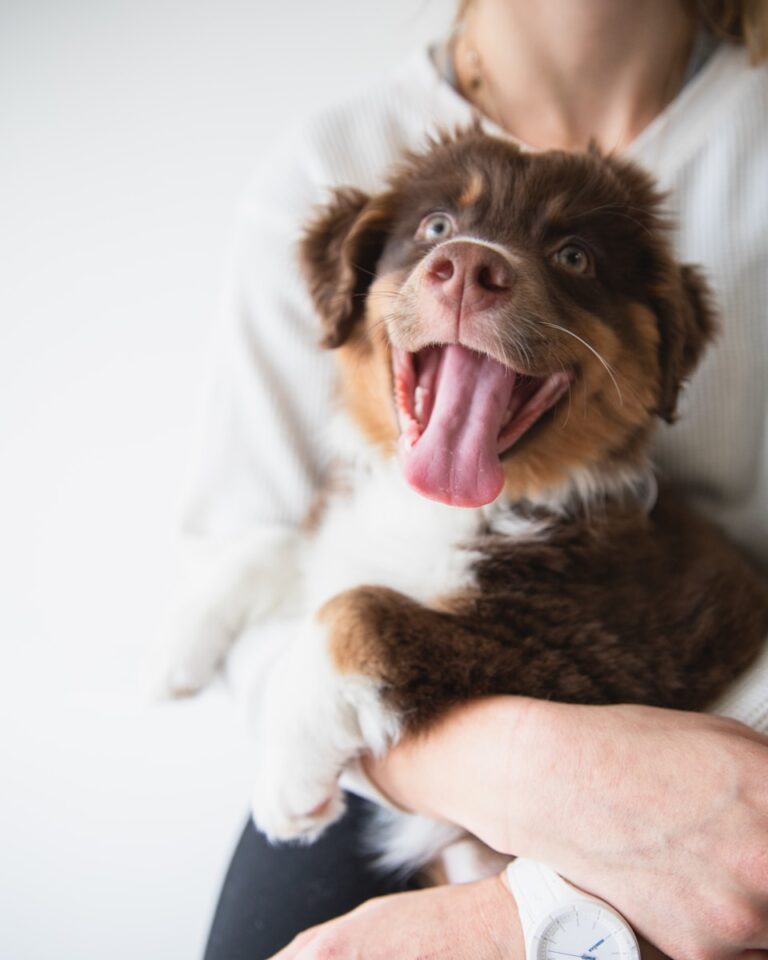Neutering is a common procedure among dog owners and breeders. Neutering helps control unwanted breeding of puppies while also reducing health problems associated with male dogs in general. But neutering may also have unexpected repercussions for behavior, particularly among males; such as wanting to stay closer to home and lessen humping and urine marking. Sometimes even an increase in affection from owners and family members.
Changes caused by neutering usually result from reduced testosterone levels in your dog’s body – the same hormones responsible for marking territory and mating in the wild. When neutered, these behaviors should cease except in cases of female heat cycles; however, sometimes after neutering can worsen; particularly with dogs neutered at a young age.
One reason could be that testosterone levels in their system may still influence them and lower their threshold for aggression, leading them to react aggressively if someone or something upsets them, such as strangers walking past their house or other animals in their neighborhood. Another factor could be your dog having recently undergone stressful surgery which caused pain – this makes them even more defensive than before!
Your dog may become bored of having so much free time, which can lead to depression and lead them to want to lay around all day without playing or going for regular walks/runs. If this occurs, consulting with your veterinarian might help find ways to stimulate them again and find solutions.
Some recently neutered dogs have displayed increased levels of human-directed aggression as well as conspecific (other dog) aggression; this type of behavior tends to be more common among male dogs who were neutered at a younger age.
As well as these issues, your dog may feel anxious around people after having been neutered due to surgery and recovery process. They will likely experience discomfort, such as recovery collar and possibly stitches or infections that cause discomfort – this may result in fear-based aggression which is more of a reactionary response rather than territorial dominance. If this behavior continues then contact your veterinarian as they can help identify any underlying causes before offering recommendations accordingly.




